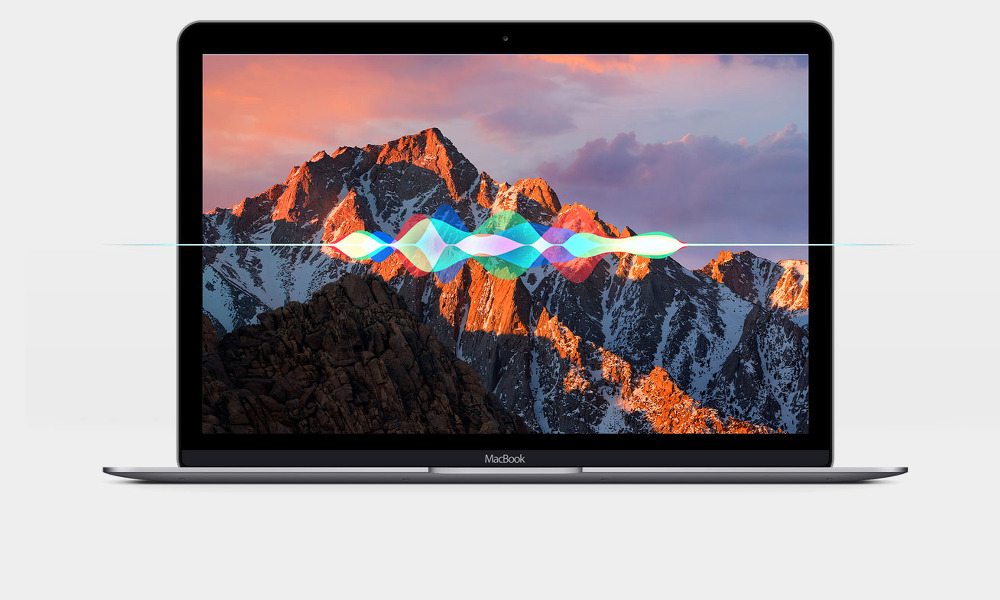Will Your Mac Be Compatible With macOS Sierra? Find out Here

Toggle Dark Mode
If you’ve landed on this page, chances are you’re considering upgrading to the latest and greatest version of OS X, rebranded as macOS (Sierra).
The freshest version of Apple’s computer operating system is slated for release on September 20th, 2016; and there are a few things you should know before that date finally arrives.
A few things to consider, is whether your MacBook or Mac is actually capable of running the software, and whether it’s actually in your benefit to take the time and energy to install and learn the new OS.
While it’s easy to become comfortable with your current operating system, updates often bring new features, security patches, and sometimes even battery life improvements. macOS Sierra is expected to deliver all of the above, including Siri support, Apple Pay, tabbed apps and more; so if your device is compatible with the new software, it would probably be in your best interest to take the time to upgrade.
But first, let’s find out if your Mac is compatible with macOS.
If your Mac was built in 2009 or later, chances are in your favor that it will be compatible with macOS. However, not all new features will be compatible. In fact, in order to take advantage of most new features, the operating system will require a Mac built in 2012 or later. This is most likely due to hardware limitations, not Apple being greedy, passive-aggressively hinting to you to upgrade your hardware (at least we hope not.)
Anyway, for details about your Mac model, click the Apple icon at the top left corner of your screen, choose ‘About This Mac’, then choose ‘More Info’.
These Mac models are compatible with macOS Sierra:
- MacBook (Late 2009 or newer)
- MacBook Pro (Mid 2010 or newer)
- MacBook Air (Late 2010 or newer)
- Mac mini (Mid 2010 or newer)
- iMac (Late 2009 or newer)
- Mac Pro (Mid 2010 or newer)
Like I mentioned before, not all Macs will be able to run macOS’ newest features. Find a detailed list below, directly from Apple, which details which Macs will be able to make use of Sierra’s newest capabilities.
Handoff, Instant Hotspot, and Universal Clipboard
Supported by the following Mac models:
- MacBook (Early 2015 or newer)
- MacBook Pro (2012 or newer)
- MacBook Air (2012 or newer)
- Mac mini (2012 or newer)
- iMac (2012 or newer)
- Mac Pro (Late 2013)
AirPlay
AirPlay Mirroring requires an Apple TV (2nd generation or later). Supported by the following Mac models:
- MacBook (Early 2015 or newer)
- MacBook Pro (Early 2011 or newer)
- MacBook Air (Mid 2011 or newer)
- Mac mini (Mid 2011 or newer)
- iMac (Mid 2011 or newer)
- Mac Pro (Late 2013)
Auto Unlock
Supported by Mac models introduced in 2013 or later.
Requires an Apple Watch with watchOS 3 and an iPhone 5 or later.
Siri
Requires a broadband Internet connection and microphone (built-in or external).
Apple Pay on the Web
Supported by the following Mac models:
- MacBook (Early 2015 or newer)
- MacBook Pro (2012 or newer)
- MacBook Air (2012 or newer)
- Mac mini (2012 or newer)
- iMac (2012 or newer)
- Mac Pro (Late 2013)
For some, new features and operating system enhancements feel like an early Christmas gift; but for others, updating feels more like a Sunday chore. If upgrading seems like an effort worth your while, it’s super easy and free to do.
How to Upgrade:
On September 20th, open up your App Store application and visit the macOS Sierra featured page, or click on ‘Updates’ and find the notification for the new OS. Click ‘Download’ or ‘Install’ and follow the prompts.
If your internet is spotty, or on a limited data allowance, you can take your Mac into your nearest Apple Store to upgrade for free.
Will you be upgrading to macOS Sierra?






